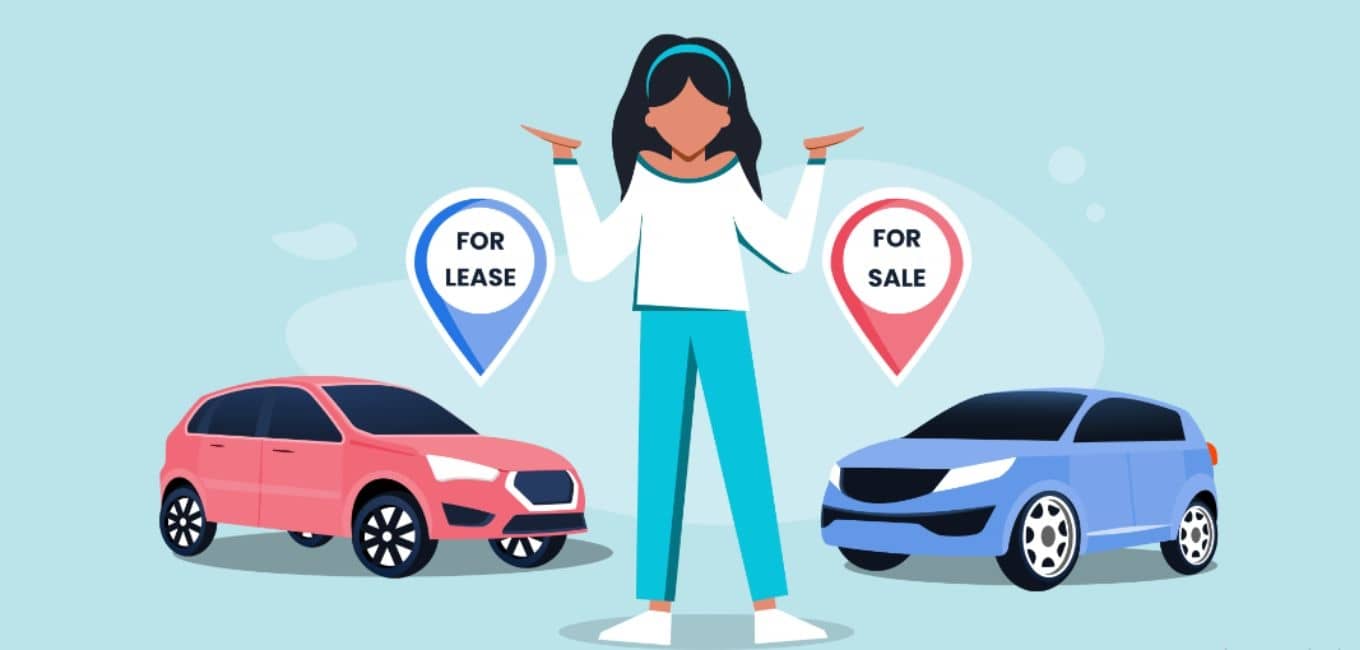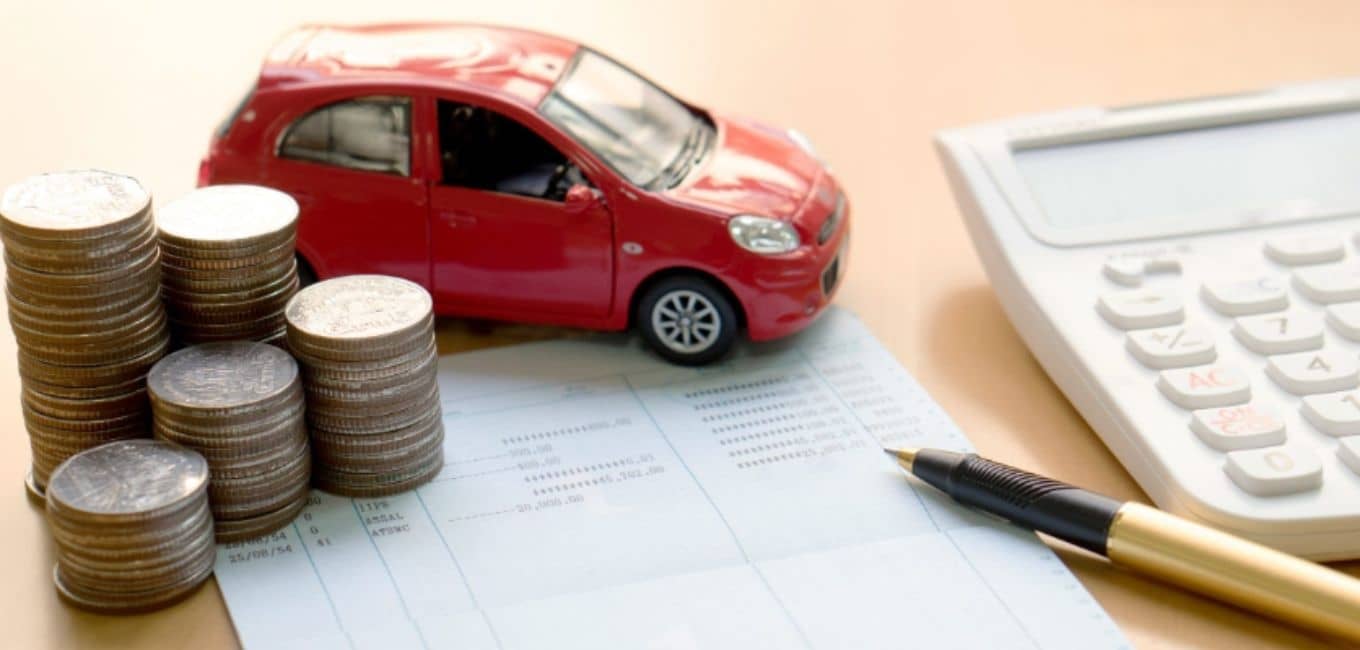Leasing and financing are both a method for getting the car you need on a regularly scheduled installment arrangement. The fundamental distinction is that with financing, you are taking out an advance to buy the auto, and making installments to the money-related foundation that furnishes you with the advance, alongside the premium.
Unless you offer the auto, you will have the advance paid off and own the auto by and large. Indeed, even while paying off the credit, any estimation of the auto fits in with you after the advance sum is paid off.
With a lease, you don’t claim the auto and are not paying it off. You are paying a month-to-month expense to a renting organization for the benefit of driving the auto.
Most rents have the alternative to buy the auto when the lease term is up on the off chance that you need to do so. A lease for the most part accompanies certain terms that incorporate the lease’s length and what number of miles you can put on the auto amid the lease term.
Key Differences
They are very similar with some key differences.
- The primary owner of the vehicle is the bank writing the lease.
- In California, and many other states, you only pay use tax on the depreciation and leasing fees, not on the entire amount of the car.
- Your payments are defined by depreciation with a charge added on, similar to interest, rather than the entire amount of the car.
- You have the option to turn in the vehicle at the end of the lease, at the residual value (defined at the beginning), and walk away.
- You pay a fee to start a lease, called an acquisition fee, usually $495-$995, depending on the car.
Buying, and financing the entire amount of the car:
- The bank’s name is still on the title (assuming you are using the car, rather than your house or other collateral to secure the loan).
- You pay sales tax on the entire amount of the saleYour payments are interest + principal of the loan, which is the amount of the initial purchase, minus whatever you put down, divided by the term of the loan.
- Generally, you should not pay any fees to begin a loan.
Is it better To Lease or Finance a Car?
The benefits of leasing usually include a lower up-front cost, lower monthly payments compared to buying, and no resale hassle. The benefits of buying usually are car ownership, complete control over mileage, and a firm idea of costs. Experts generally say that buying a car is a better financial decision for the long term.
A lease is a guaranteed expense for the period of the lease. $400/mo for 36 months will end up costing you $14,400 for three years, excluding additional wear and tear charges and fuel. But since the car is likely to be under a warranty that’s likely to be your total expense. I did this…once…with a 2005 BMW X3 3.0i. Nice car, but an expensive way to live, and at the end of three years you walk away with nothing but memories and $14K less in your bank.
Buying a car isn’t as simple a calculation because of depreciation. New cars depreciate the most, newer cars depreciate more and older cars depreciate the least. However, older cars are also likely to have the highest incidence of maintenance and repair expenses …UNLESS you find the gap in the system (there always is one).
What I’ve found over the last 25+ years is that oftentimes the best bet for minimizing financial expense is to buy an 8–10-year-old car, one owner, and full-service records, with 20-40K miles.

Difference between Financial Lease and Operating Lease
The lease is an essential concept in business. Start-ups or new small businesses often look for leasing options because their resources are limited, and the owners don’t want to invest so much money in acquiring assets to support the business in the beginning. That’s why they lease the assets whenever they require. This leasing can be of two types – financial lease and operating lease.
An operating lease is a contract that permits the use of an asset without transferring the ownership rights of said asset. A finance lease is a contract that permits the use of an asset and transfers ownership after the lease period is complete, and the lessor meets all other contract obligations.
Difference between Lease and Rent
Before moving into a rental property, landlords typically require tenants to sign lease agreements. A lease is a contract granting the use of an asset, such as a house or apartment for a specific period of time and under clear conditions. This contractual agreement is typically for six or twelve months and is achieved in exchange for regular payments.
Similar in nature, renting involves a tenant periodically paying a property owner or landlord money to live in a house or apartment.
The most notable difference between leasing and renting lies in terms of the length of the contract. Leasing is generally applied to longer periods of time, namely 12 months, whereas renting generally covers the short-term, usually a period of 30 days or more.
Difference between Finance and Lease – FAQs
Conclusion
In the end, whether or not you want to lease or finance your car depends on your long-term intentions. If you’re the type of person who likes to have new cars every few years, then leasing makes much more sense financially. However, if you intend to buy a car and use it until it dies then taking out a loan is your better option. In between, it all depends on the level of financial commitment and ownership you prefer to have of your car.

